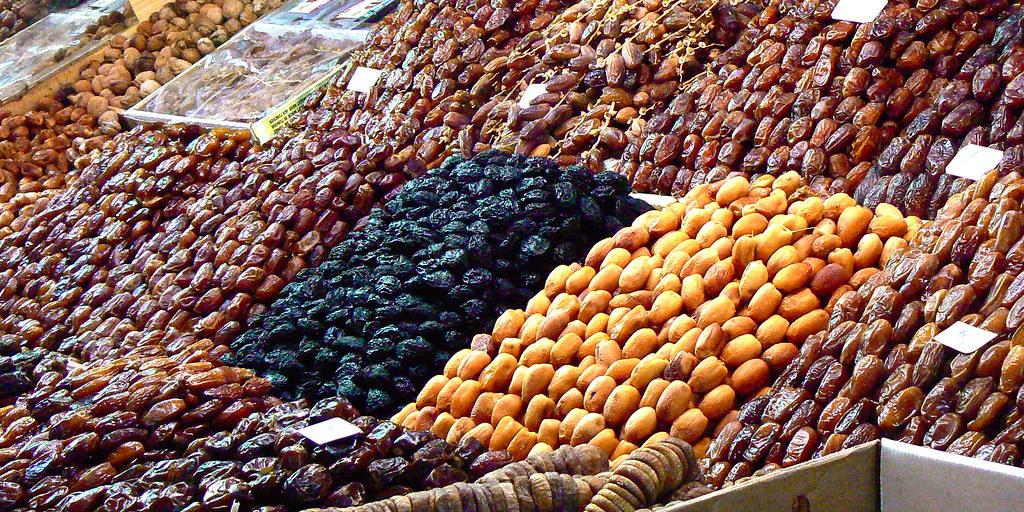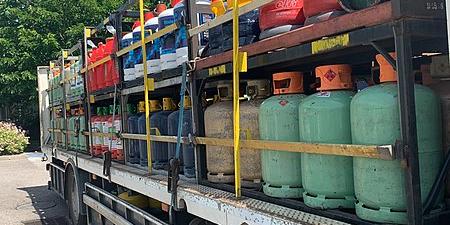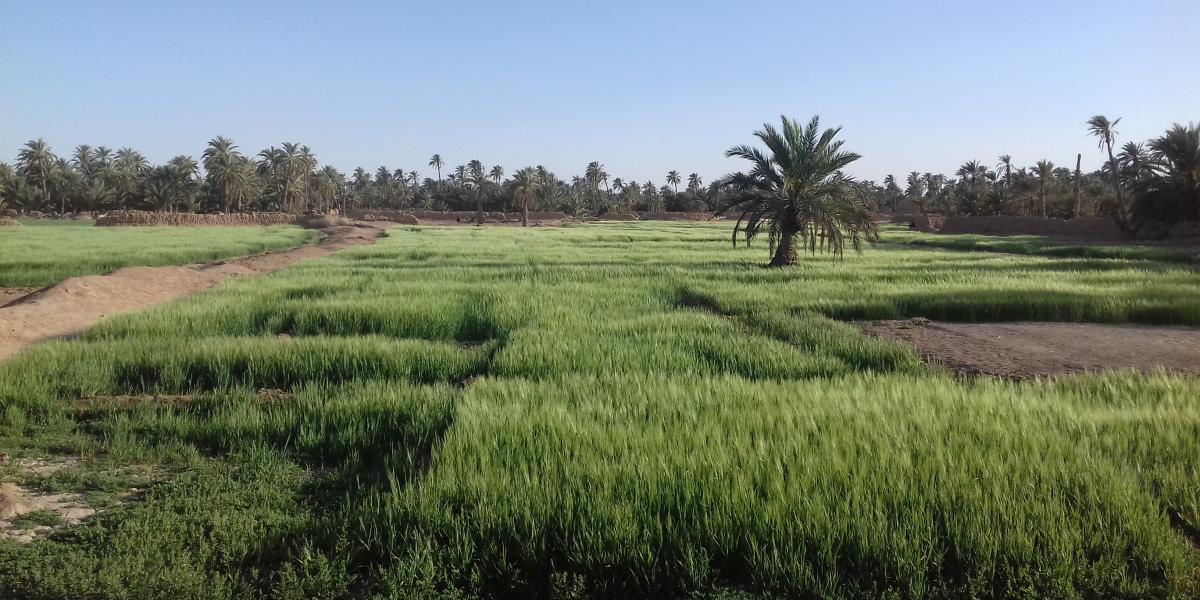Nigeria : Bakers decry inability to pass rising production costs to consumers
- 19 May 2022 / News / 471 / Fares RAHAHLIA

Bakers across the country have decried the impact of the rising price of flour and other production inputs even as they find it difficult to pass the rising cost to the final consumers whose purchasing power has been hit by steep inflation and naira depreciation
Bakers submitted that except production cost decelerates quickly and the economy improves, the bakery industry faces a survival threat.
The Guardian’s investigation showed that the price of flour, a major input, has been on the upward trend since last year, increasing by almost 100 per cent in the past year. With the trade between Russian and Ukraine trade routes currently being shut as a result of the ongoing war, there are fears prices would continue to increase.
The bakers lamented that Nigeria’s high inflation rate, which stood at 16.8 per cent in April, has had a negative impact on raw materials across the board, compelling them to increase prices to increase the prices of snacks by close to 50 per cent in the past year.
But households, whose incomes have reduced drastically, are paying much more for the same size of bread even as reduced packaging has become a common trend. Some bakers confided in The Guardian that they are compelled to reduce the quantity and quality of products to avoid incessant regular price hikes.
This is a subtle way of passing the cost to final consumers who, ironically, are not fooled by the pranks anymore.
Bread is a common staple in where many Nigerian homes, especially in cities, bread and tea are traditional breakfasts. But with affordability becoming a concern and the commodity going out of the reach of the average income earners, many households are exploring alternatives.
Unfortunately, there are no easy options. Yams, potatoes, rice and beans, which many consider substitutes for bread and tea, are also not affordable anymore. The challenge has compelled many families, including children, to live without adequate breakfast.
Bakers also complained of the impact of the persistent free fall of the naira on cost production. They warned that if nothing is done, most bread factories would be forced to shut down soon.
On Tuesday, the dollar traded above N600/$ on the black market for the first time while the official rate is N415.75/$. Historically, imported items, even those imported with officially-sourced foreign exchange, are priced at the black market rate.
Speaking with The Guardian, a bread factory manager in Isolo area of Lagos, Ayo Olawole, said: “The price of flour has been on the increase before now. Within a year, flour has increased from N12, 500 to N23, 500. Sugar has also increased from N11, 000 to N22, 500 while yeast used to be N930 per kg but it has increased to N2100. Butter is now N21, 000, from N10, 000; same as other materials used in producing bread and once prices of things go up like this it is very difficult for it to come down.
“And the funniest part of all these is that with the rate at which the price of these materials is increasing, you cannot increase your finished product like that. Otherwise, the customers won’t buy. So, it is seriously having an adverse effect on the bakers.”
Olawole disclosed that bakers now either reduce the quality or the quantity of the bread to be able to break even.
“If you carry some loaves of bread and put them on a scale, you will see that you are just buying the layer part of the bread and that there is nothing inside. Bakeries want to break even otherwise they will close shops,” he noted.
Corroborating Olawole, another baker, Anthony Ibe, said: “Before now N50, 000 could procure two bags of flour with some little balance left. But now, it is a different story. The cost of production is extremely high compared to before. I went to get flour one morning sometime this month and it was N23, 000. I returned to the same market in the evening of the same day, the price had increased to N25, 000.
“This cuts across all baking materials. It is difficult for bakers and customers who don’t understand what we are facing. But there is nothing we can do. When going to the market now, you make provision for excess above the budget.”
MEANWHILE, a major reason that was attributed to the high cost of flour recently is the scarcity of wheat. Recalled that the World Bank had earlier warned about the impending food crisis, saying Africa would be the hardest hit.
The Russian-Ukraine war has led to a significant rise in the price of food, not only wheat but only barley, maize and edible oil among others produced majorly by the two countries. Russia and Ukraine control 25 per cent 25 per cent of the global wheat supply and 15 per cent of barley.
Chief Executive, Dangote Industries, Aliko Dangote and Chief Executive Officer, Flour Mills of Nigeria Plc, Boye Olusanya, had raised the alarm that the war would affect the wheat supply in Nigeria and could trigger a major food crisis.
Data from the National Bureau of Statistics (NBS) said the average price of sliced bread (500g) increased 34.98 per cent year-on-year, from N331.76 in March 2021 to N447.80 in March 2022. On a month-on-month basis, the average price of the item increased by 2.23 per cent. The indices were far above the average food inflation rate.
source: guardian.ng
 English
English
 français
français
 العربية
العربية







